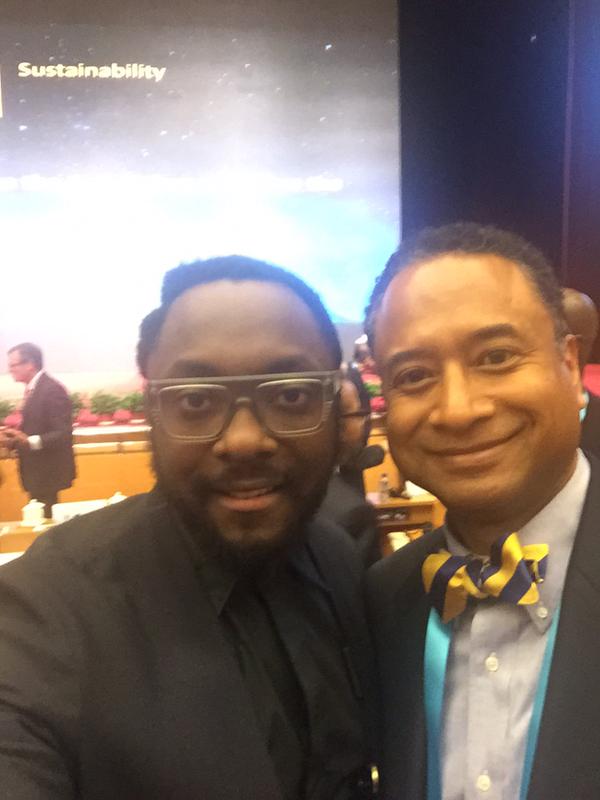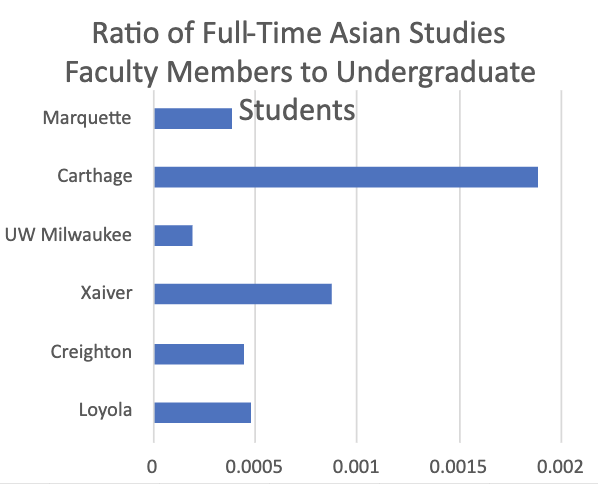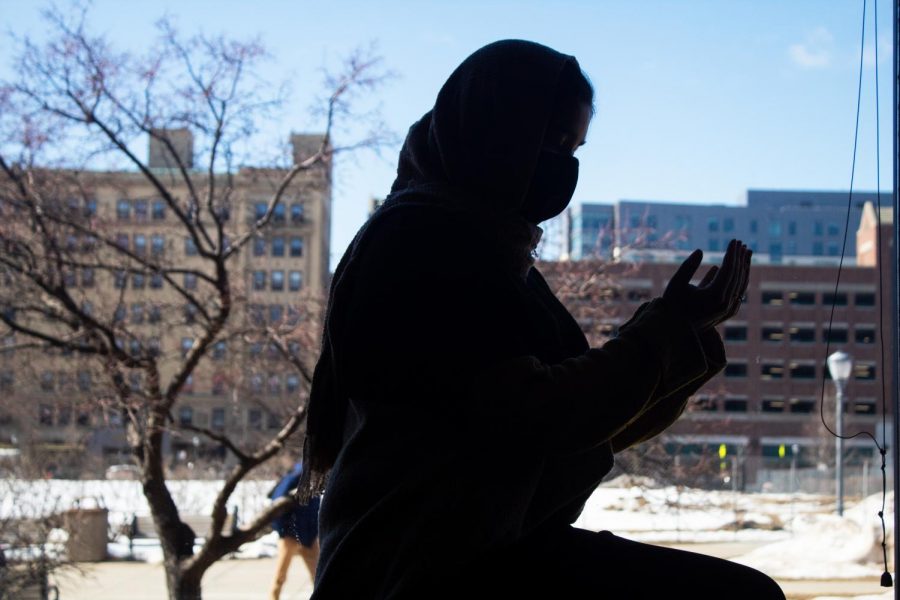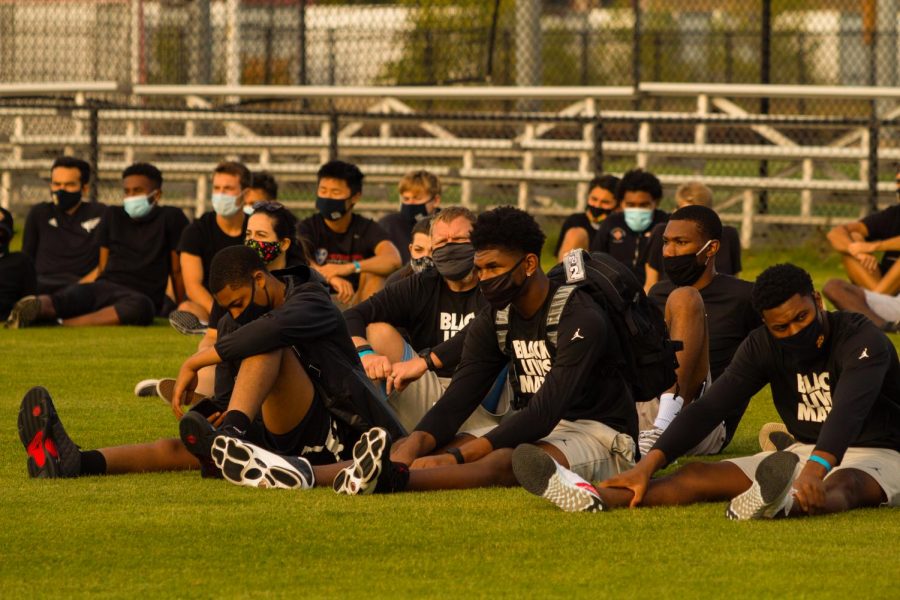The Winter Olympics will take place in Beijing from Feb. 4 to Feb. 20. However, not everyone seems to embrace the collaborative spirit that is usually fostered before these games.
This is due to the multiple human rights violations that the Chinese government has sanctioned and the possible limitation of free speech athletes might experience.
The most prominent of these violations is the detainment and enslavement of Uyghur Muslims within the country. In 2021, these infractions were made apparent to many through the use of social media. Amnesty and Human Rights Watch have both accused China of committing crimes against humanity, and the United States has accused China of committing genocide in Xinyang (where most of these Muslims reside). Additionally, many of these people are being trapped in “re-education camps” where they are allegedly forced to eat pork, used as slave labor and sexually harassed constantly.
Many countries, such as the United States, the United Kingdom, Canada and New Zealand, have decided to boycott these Olympics due to the aforementioned political standings of the Chinese government. It should be noted that diplomatic boycotts do not bar countries from participating, it just means that important political figures hat typically are present alongside their athletes at Olympic games will not be attending.
“It is unlikely the diplomatic boycotts will do anything to alter China’s behavior related to its treatment of the Uyghurs or its respect for human rights in general, which are the stated justifications for the boycotts. The Chinese government is aggressively opposed to what it sees as an attempt to interfere in its domestic affairs, and rarely make concessions to such pressure,” Mark Berlin, a professor in the College of Arts & Sciences, said.
The United States has not boycotted any Olympics since 1980, when the Soviet Union was hosting.
“I think it’s good that they’re [the countries] boycotting. I don’t think countries should want to support the kind of stuff [referring to Uyghur camps] China is doing,” said Conrad Armijo, a senior in the College of Arts & Sciences.
However, boycotting these Olympics might lead to conflict.
“Some smaller countries that have announced boycotts, like New Zealand and Estonia, are more vulnerable to Chinese retaliation. By boycotting the Olympics, these states certainly do risk more aggressive responses by China, such as by restricting trade in certain ways,” Berlin said.
Picking another country to host the games could be seen as the most logical solution, but this could heighten hostility.
“Changing the location of these Olympics, especially at such a late stage, would be guaranteed to infuriate the Chinese government (and probably any government in such a position). It’s hard to predict what types of broader effects such a move would have on international relations, especially since it doesn’t seem like a realistic scenario at this point,” Berlin said.
Additionally, there might be more direct responses from China.
“The Chinese government would certainly seek to retaliate, but the question would be against whom and to what extent. It may retaliate against the International Olympic Committee itself, by boycotting the organization in response or boycotting the next Olympics altogether,” Berlin said.
China continues to provoke controversy with its humanitarian policies and restriction of rights. A member of the country’s Olympic committee decided to advise foreign athletes. The warning stated that “non-Olympic speech” will not be protected, which has left athletes and supporters worried as to what could be considered unprotected speech.
This is story was written by Clara Lebron. She can be reached at [email protected]








